
The Law on Property Auction was promulgated by the National Assembly and took effect from July 1, 2017. After the implementation period, in addition to contributing to the completion and unification of the legal framework on general and strict auction procedures and resolving some shortcomings, the practical implementation of the Law on Property Auction has given rise to a number of limitations, especially the situation of "brokers", collusion, price suppression, causing public outrage and budget loss.
Accordingly, the draft Law amending and supplementing a number of articles of the Law on Property Auction is proposed to amend and supplement 25 articles and clauses; and at the same time add one new article.

At the conference, delegates focused on discussing solutions and regulations to overcome the situation of "brokers", collusion, and price gouging by giving comments on some words in the draft to ensure strictness.
For example, the draft regulation stipulates handling cases of disclosing information about auction registrants "for the purpose of profiteering", but determining "for the purpose of profiteering" is a difficult problem.

In addition, there are also opinions suggesting that the deposit amount in the auction should be increased, because those who really need it basically have enough money to buy, and when the deposit amount is increased, this is considered a solution to limit cases of submitting documents to collude to lower the price.
Some opinions suggested that the National Assembly should stipulate in more detail and specifically the time for submitting documents; the time for publicizing auction information before the auction information announcement date; and prescribe the form of selling and receiving online auction participation documents as a mandatory form to suit the digital transformation trend; on the other hand, the widespread application of this form will also reduce negativity and information leakage due to direct meetings between auction registrants and property auction organizations.

At the same time, there should be regulations on receiving authorization; specifically, auction participants are not allowed to receive authorization from other auction participants in the same property regarding the contents related to auction registration and bidding.

To ensure the principle in property auction is not to limit bidding according to the ability and needs of auction participants; the price step should only be specified as the minimum level of the bids, not the maximum level or fixed level in the price step.
Auction participants, when bidding, must bid at least one price step higher than the starting price of each round. The price step above that will depend on the buyer's ability. This regulation ensures flexibility in the auction....

Many issues related to auctioneers, property auction organizations; auction procedures; responsibilities of agencies and organizations in property auction activities..., were also discussed and commented on by delegates.
Concluding the conference, comrade Thai Thi An Chung - Member of the Provincial Party Executive Committee, Deputy Head of the Provincial National Assembly Delegation affirmed that the opinions and suggestions of the delegates were very valid, although there were some different opinions on some contents, but they were all based on theory and practical activities.

The provincial National Assembly delegation will receive and synthesize all comments; at the same time, it is recommended that delegates continue to study and contribute more opinions, because this draft law has only been commented on at the 6th session and will be considered and approved at the next session of the National Assembly, ensuring strict, objective, public and transparent property auction activities.
Source


![[Photo] Prime Minister Pham Minh Chinh chairs conference on anti-smuggling, trade fraud, and counterfeit goods](https://vphoto.vietnam.vn/thumb/1200x675/vietnam/resource/IMAGE/2025/5/14/6cd67667e99e4248b7d4f587fd21e37c)












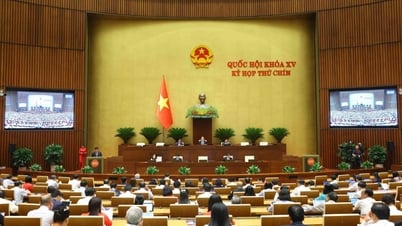




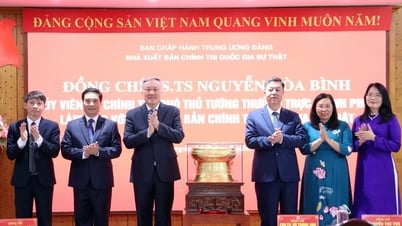
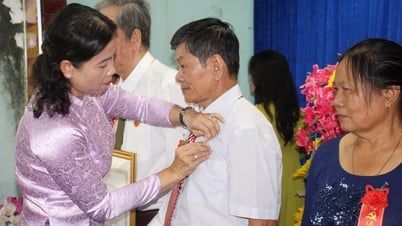
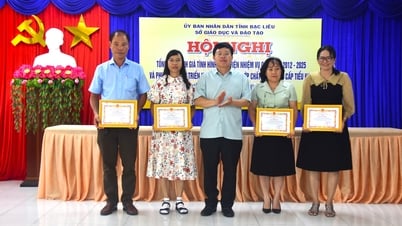

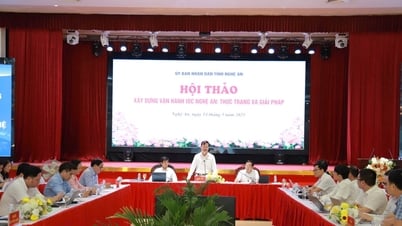








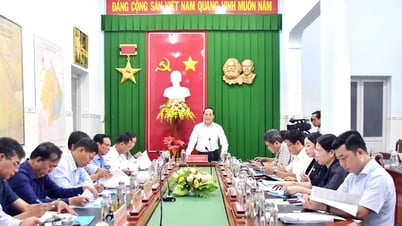
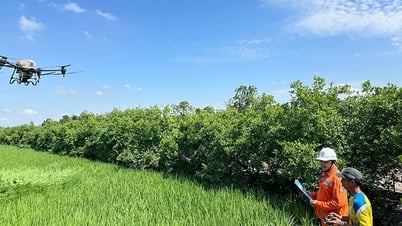











































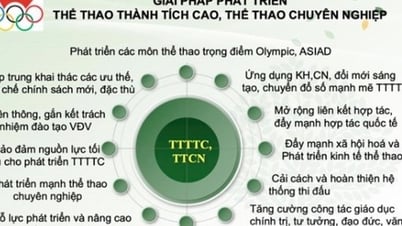

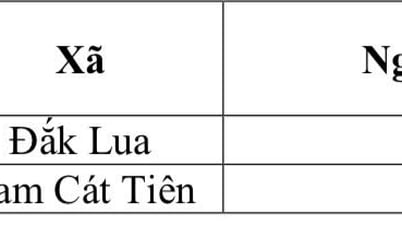



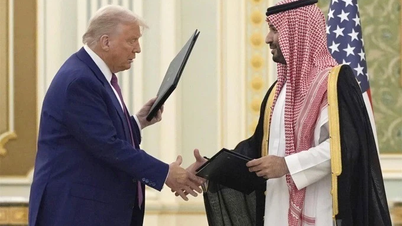
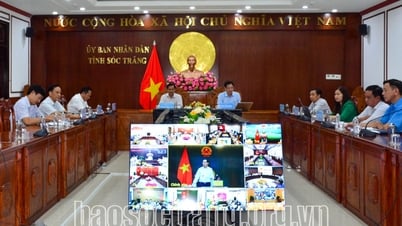













Comment (0)